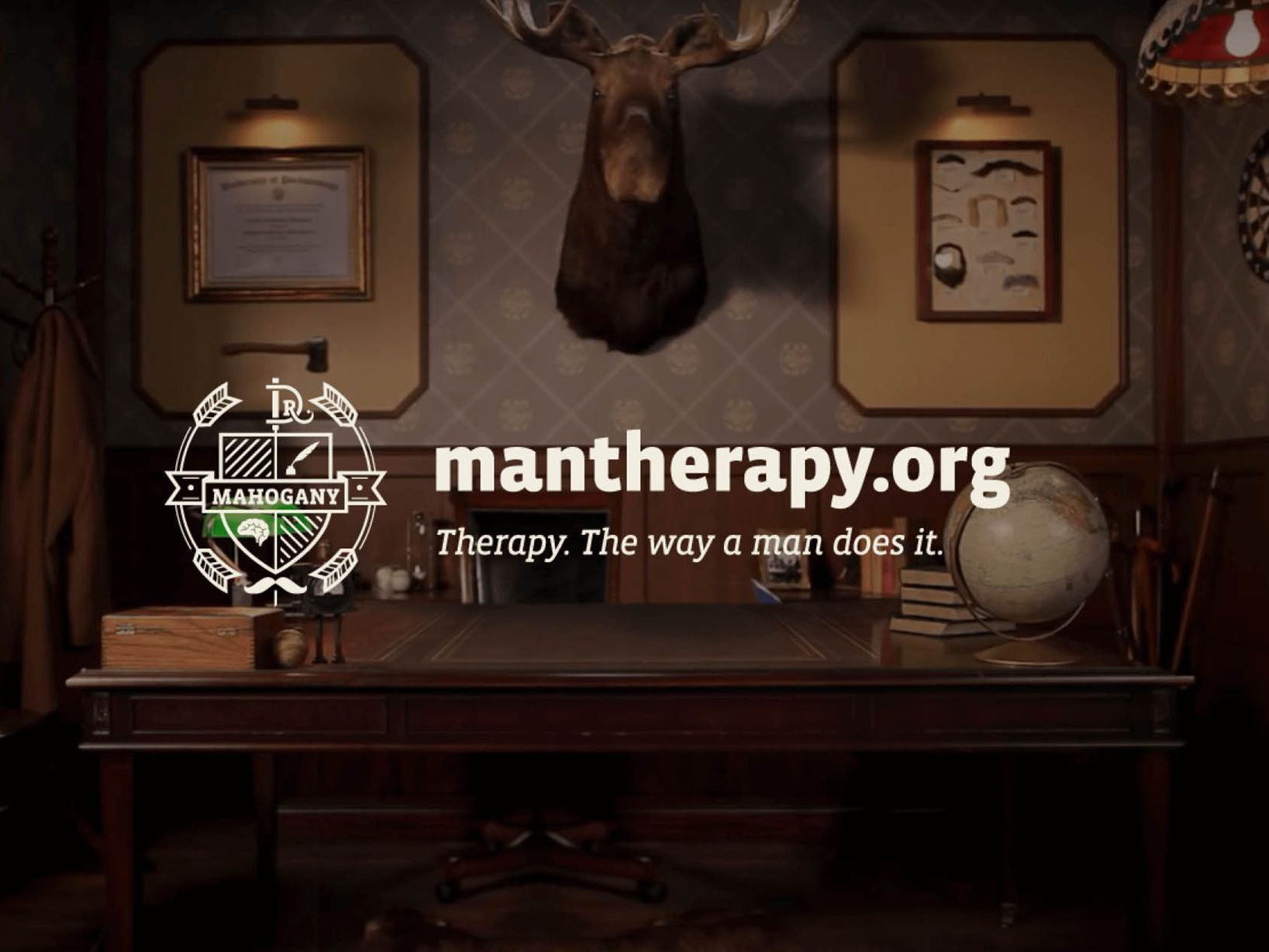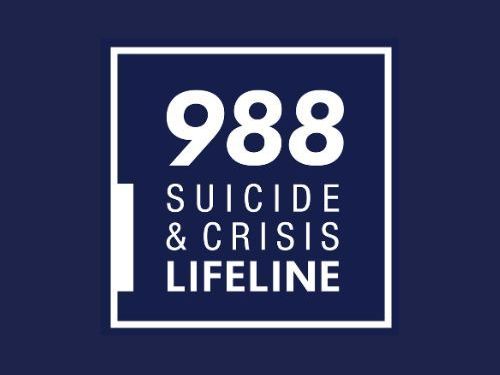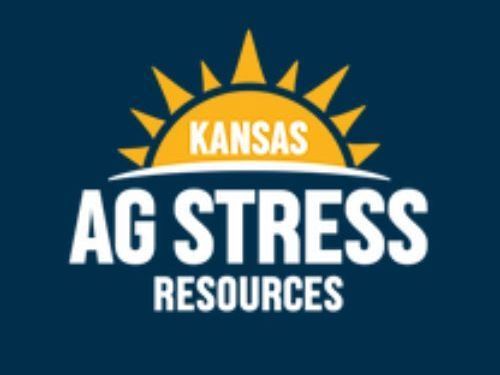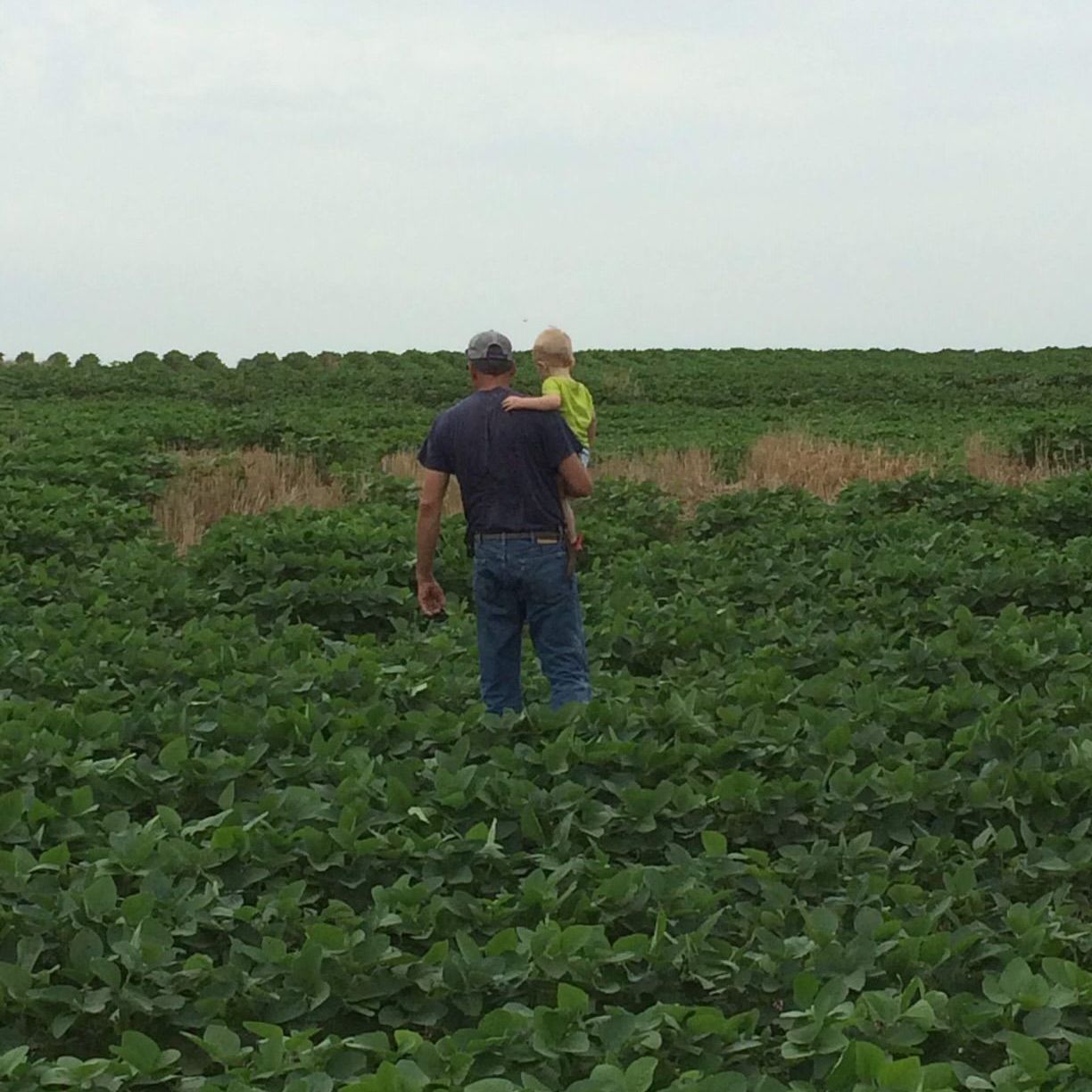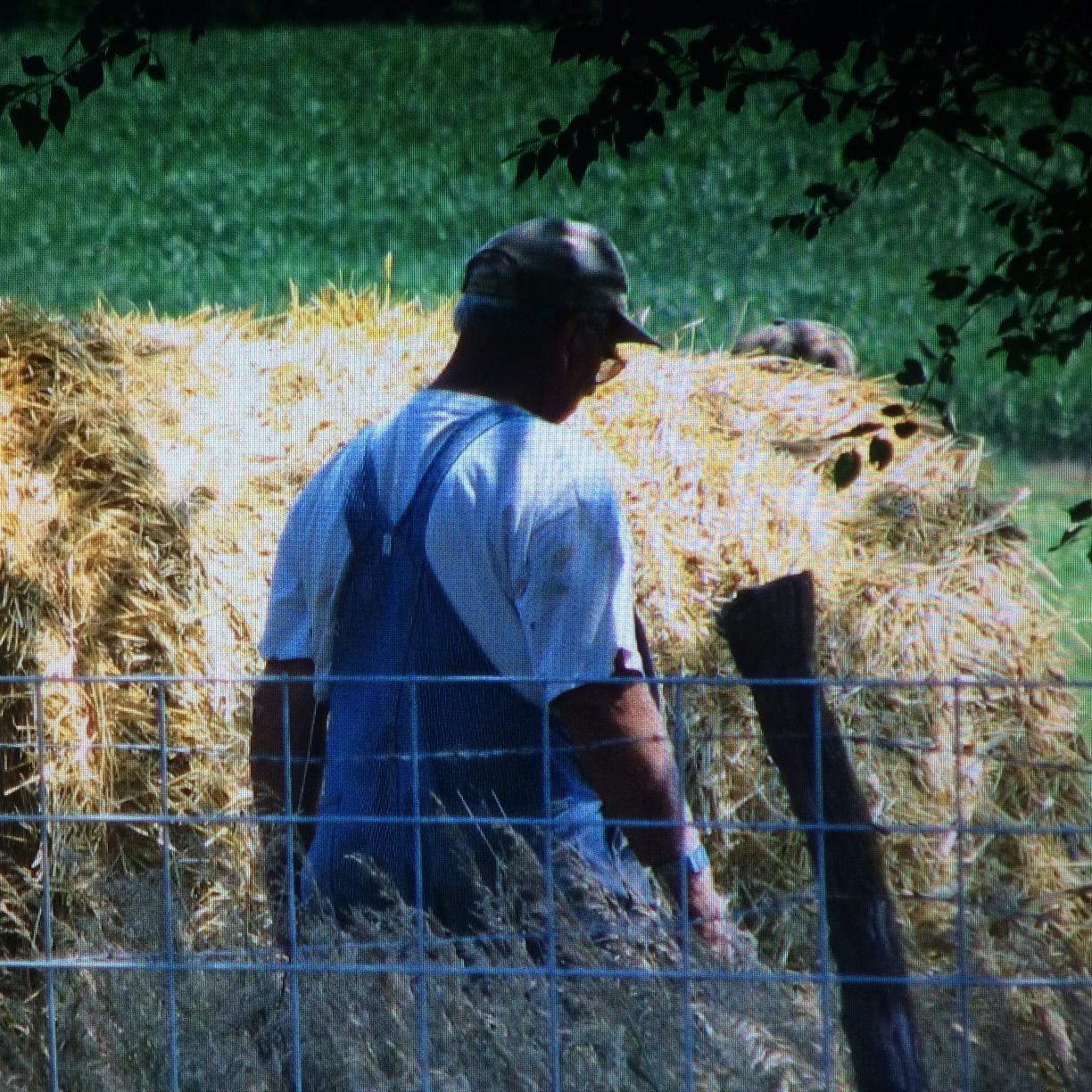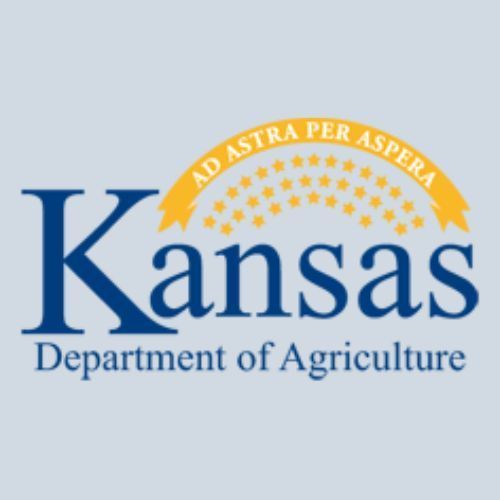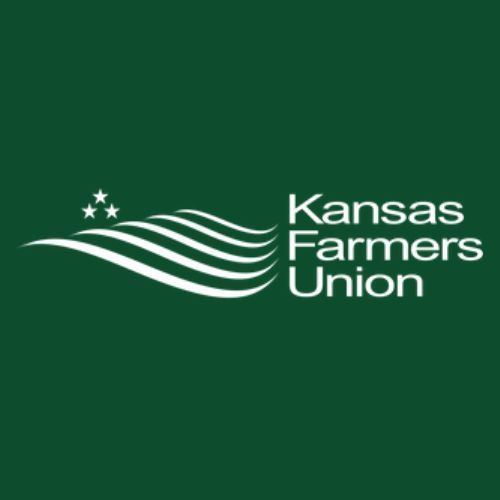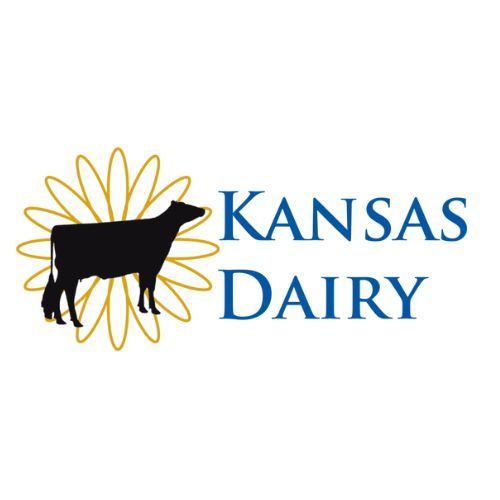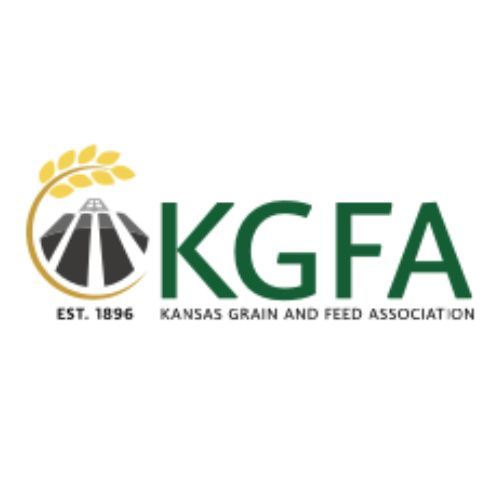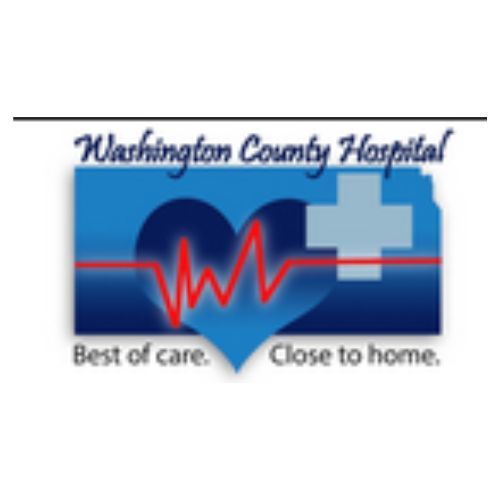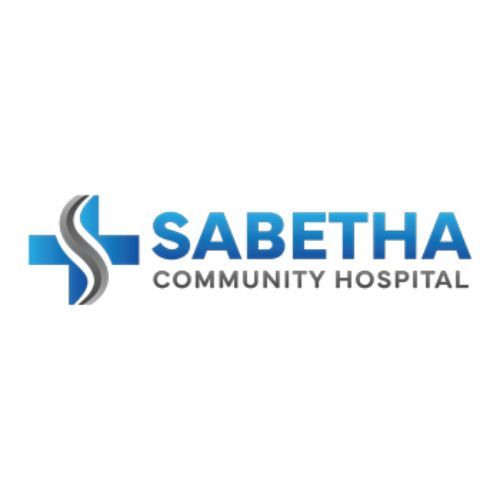hink
suicide prevention
improvement network
planting strength, harvesting resilience:
Suicide prevention in agriculture
There is a mental health emergency
in rural america
Stress factors unique to the agricultural community including financial pressures due to economic fluctuations in crop prices, commodity markets, unpredictable weather conditions, and working long strenuous hours, all can lead to feelings of anxiety, exhaustion, burnout, mental distress, and depression. Rural Americans are renowned for their unwavering work ethic and resilience to face any obstacle head-on. However, having a mental illness can affect a person's ability to rise to meet life’s challenges.
- Suicide rates among people living in rural areas are 64% to 68% higher compared to people living in large urban areas
- About 1 in 5 adults in the US suffers from a diagnosable mental disorder in a given year
- Mental illness is a bigger challenge in rural America due to unique barriers
- 20% fewer Primary Care Providers than urban areas
- 28% of rural homes lack access to broadband internet
- 65% of rural counties do not have a psychiatrist
who hink Spin is
In partnership with Nemaha Valley Community Hospital, HINK has recently been awarded a Rural Health Network Development Grant through the Federal Office of Rural Health Policy (FORHP) and the Health Resources and Services Administration (HRSA).
This grant will be focused on the following areas of focus:
- Community Awareness
- Provider Development
- Public Education/Stigma Reduction
- Sustainable Funding
Are you a part of the community and interested in learning how to respond when someone is in crisis? QPR is the most widely taught Gatekeeper training in the world. Enroll for the free 1-hour, on-demand QPR Gatekeeper Training.
Are you a medical provider who wants to know more about responding to individuals in crisis or engaging with patients with behavioral health needs who are farmers, ranchers or agricultural workers? Click for more information.
